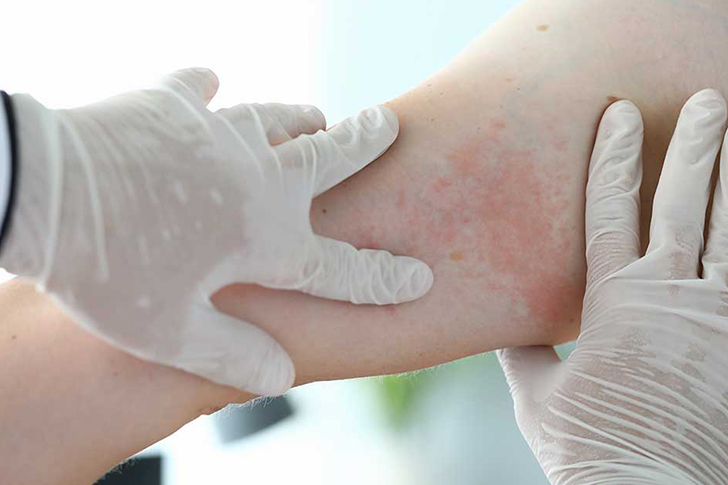Managing Atopic Dermatitis: Everything You Need to K
Atopic dermatitis, commonly known as eczema, is a chronic skin condition that affects millions worldwide. Characterized by red, itchy, and inflamed skin, it can significantly impact the quality of life. To better understand and manage this condition, here are five crucial facts about atopic dermatitis:

1. Prevalence and Impact
Atopic dermatitis is one of the most common forms of eczema, affecting over 18 million adults and children in the United States alone, according to the National Eczema Association. Globally, approximately 20% of children and up to 3% of adults are diagnosed with this condition at some point in their lives. The disease significantly affects patients’ lifestyle, including sleep patterns, psychological wellness, and social interactions, resulting in an overall decrease in quality of life.
2. Causes and Triggers
The exact cause of atopic dermatitis is not well understood, but it is believed to arise from a combination of genetic, environmental, and immune system factors. People with atopic dermatitis usually have a family history of the condition or other atopic diseases, like asthma or hay fever. Environmental factors, including allergens, harsh soaps, and changes in weather, can trigger or worsen the symptoms. Stress is also recognized as a significant trigger that can exacerbate the condition.
3. Symptoms and Diagnosis
The symptoms of atopic dermatitis can vary from person to person but typically include dry skin, severe itching, redness, and rashes. These rashes might result in oozing and scarring in severe cases. The condition can appear at any age but most commonly starts in childhood. Diagnosis primarily involves physical examination and review of patient family history. There is no specific test for diagnosing eczema, but tests may be conducted to rule out other conditions or identify possible infections triggered by the skin barrier breakage.
4. Treatment Options
While there is no cure for atopic dermatitis, several treatments can alleviate symptoms and manage flare-ups. Moisturizing creams and ointments are fundamental in managing dry skin and maintaining the skin barrier. Topical corticosteroids and calcineurin inhibitors effectively reduce inflammation and immune system reactions. Recently, biologic drugs like dupilumab have been approved for severe cases, targeting underlying immune responses. It’s essential for sufferers to identify and avoid personal triggers and maintain a regular skincare routine.
5. Impact on Mental Health
Living with atopic dermatitis can be challenging, not just physically but mentally. Patients often suffer from low self-esteem, anxiety, and depression due to the visibility of the symptoms and sleep disturbances caused by persistent itching. Children with eczema may particularly face bullying or social isolation, leading to emotional distress. It’s important for healthcare providers to recognize and address these challenges holistically by possibly integrating psychological support into treatment plans.
Comprehensive understanding and management approaches can significantly ease living with atopic dermatitis, enhancing life quality. Consultation with healthcare professionals specializing in dermatology, ongoing education about the condition, and connecting with support networks are critical for effective management.







Recent Comments